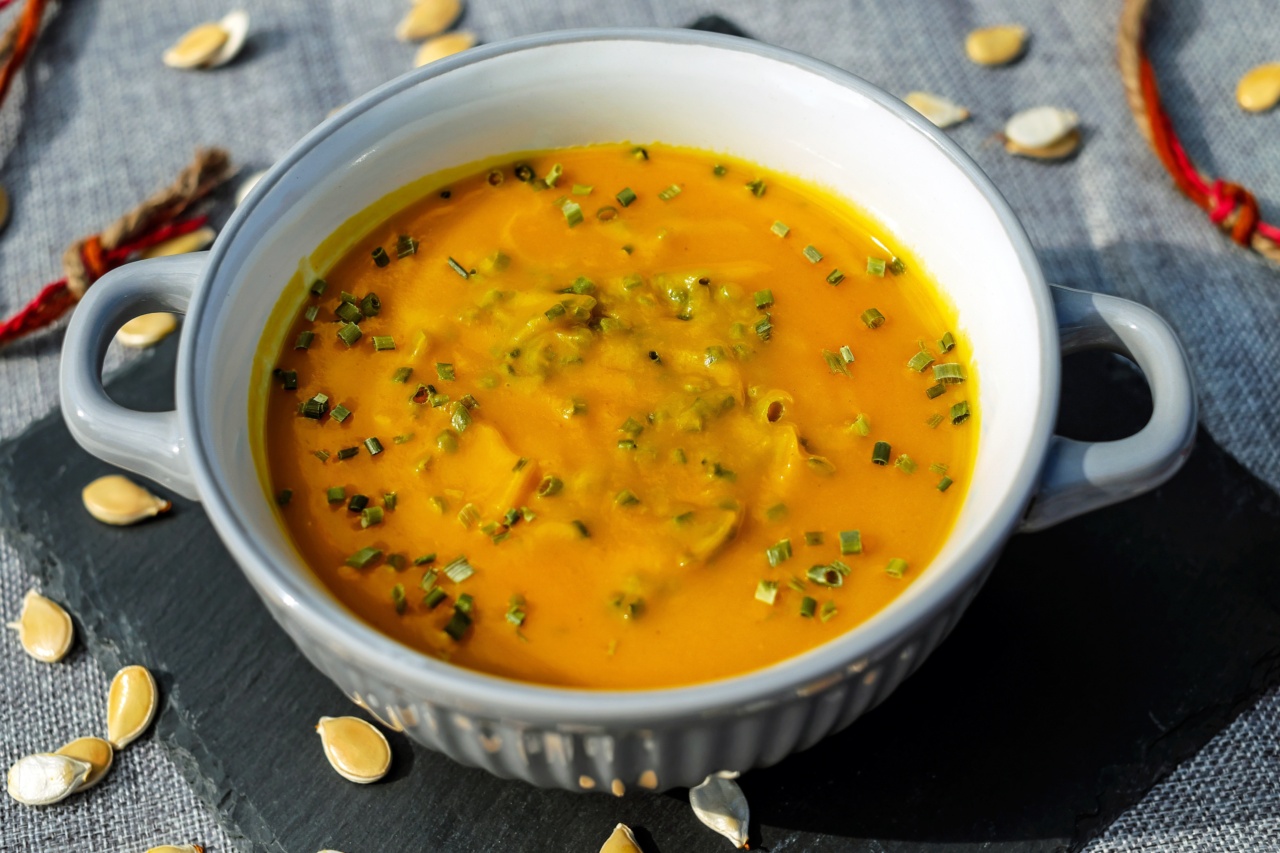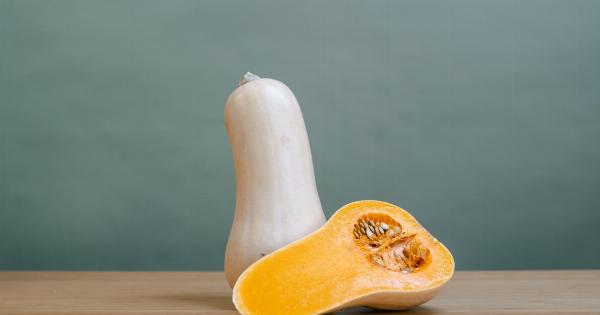Pumpkin seeds, also known as pepitas, are the edible seeds of pumpkins. These small, flat seeds pack a powerful punch when it comes to nutrition.
They are a great source of various essential nutrients, including healthy fats, protein, fiber, vitamins, and minerals. Here’s a closer look at the nutritional value of pumpkin seeds:.
1. Healthy Fats
Pumpkin seeds are rich in healthy fats, particularly monounsaturated and polyunsaturated fats. These fats are beneficial for heart health and help in reducing LDL (bad) cholesterol levels.
They also contain omega-3 fatty acids, which are crucial for brain health and reducing inflammation in the body.
2. Protein Powerhouse
Pumpkin seeds are an excellent plant-based source of protein. Just a handful of these seeds provide a significant amount of protein, making them a great addition to vegetarian or vegan diets.
Protein is essential for building and repairing tissues, maintaining healthy hair and nails, and supporting a strong immune system.
3. Fiber-Rich
Pumpkin seeds are a good source of dietary fiber. Fiber plays a key role in digestion, as it helps regulate bowel movements and promotes a healthy gut. It also aids in weight management by promoting feelings of fullness and reducing food cravings.
4. Abundance of Antioxidants
Pumpkin seeds are rich in antioxidants, such as carotenoids and vitamin E.
Antioxidants help protect the body against the damaging effects of free radicals, which can cause oxidative stress and contribute to chronic diseases, including heart disease and certain types of cancer.
5. Essential Minerals
Pumpkin seeds are packed with essential minerals, including magnesium, zinc, iron, and potassium. Magnesium is crucial for bone health, proper nerve function, and maintaining healthy blood pressure levels.
Zinc supports a strong immune system, while iron is vital for oxygen transport in the body. Potassium helps regulate fluid balance, muscle contractions, and nerve signals.
6. Mood-Boosting Tryptophan
Pumpkin seeds are a natural source of tryptophan, an amino acid that the body converts into serotonin – a neurotransmitter that helps regulate mood, sleep, and appetite. Consuming pumpkin seeds may contribute to an improved mood and overall well-being.
7. Prostate Health
Studies suggest that pumpkin seeds may have a positive impact on prostate health. They are rich in zinc, which is known to support prostate function.
Some research indicates that pumpkin seed consumption may help reduce the risk of benign prostatic hyperplasia (BPH) and improve symptoms associated with an enlarged prostate.
8. Anti-Inflammatory Effects
Pumpkin seeds contain various compounds, such as antioxidants and phytochemicals, that possess anti-inflammatory properties.
Regular consumption of pumpkin seeds may help lower inflammation in the body and reduce the risk of chronic diseases, such as arthritis and heart disease.
9. Bone Health
The high mineral content of pumpkin seeds, particularly magnesium, phosphorus, and zinc, contributes to maintaining healthy bones. These minerals are essential for bone formation and density, reducing the risk of osteoporosis and fractures.
10. Weight Management
Incorporating pumpkin seeds into your diet can support weight management efforts. The combination of healthy fats, protein, and fiber helps promote satiety, preventing overeating and aiding in weight loss or maintenance.































